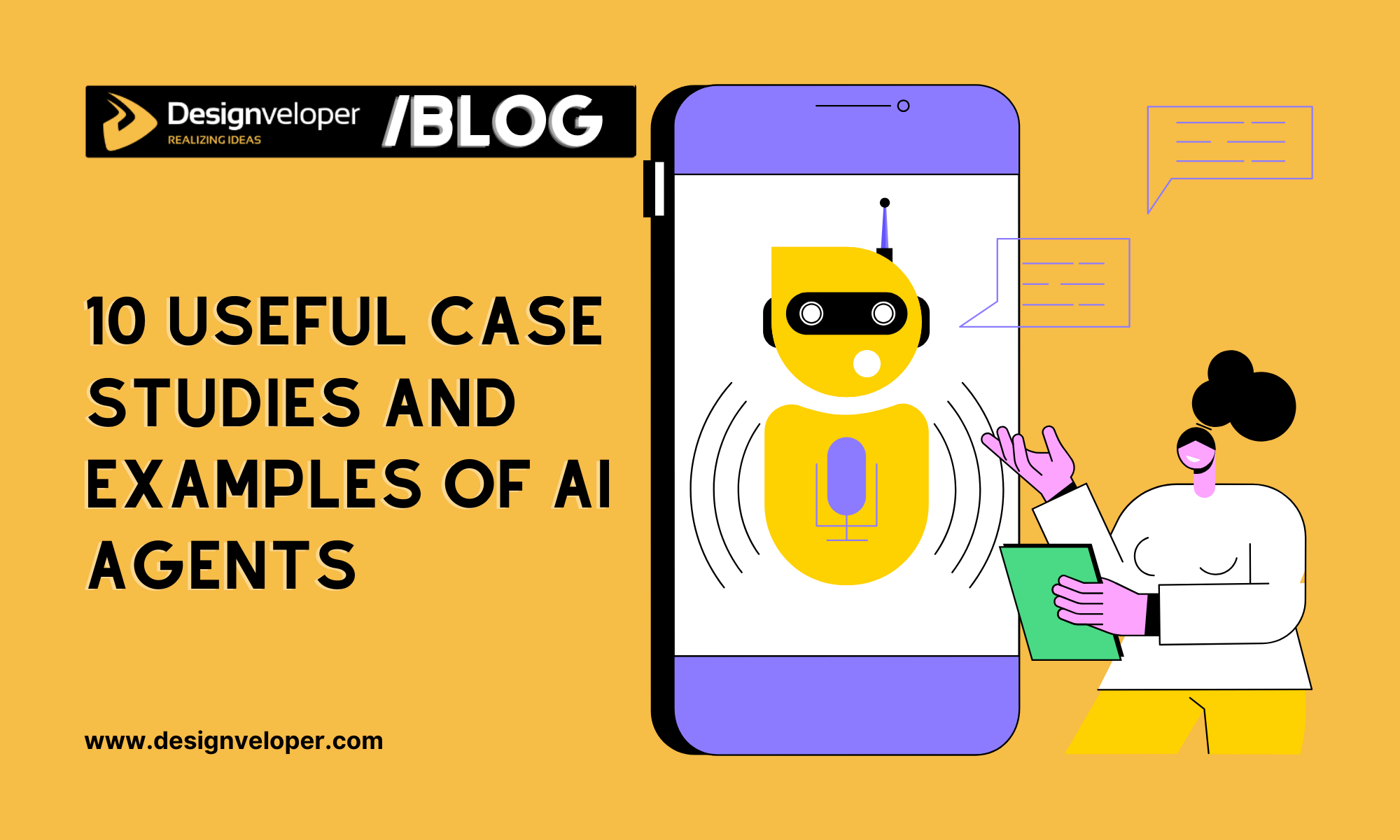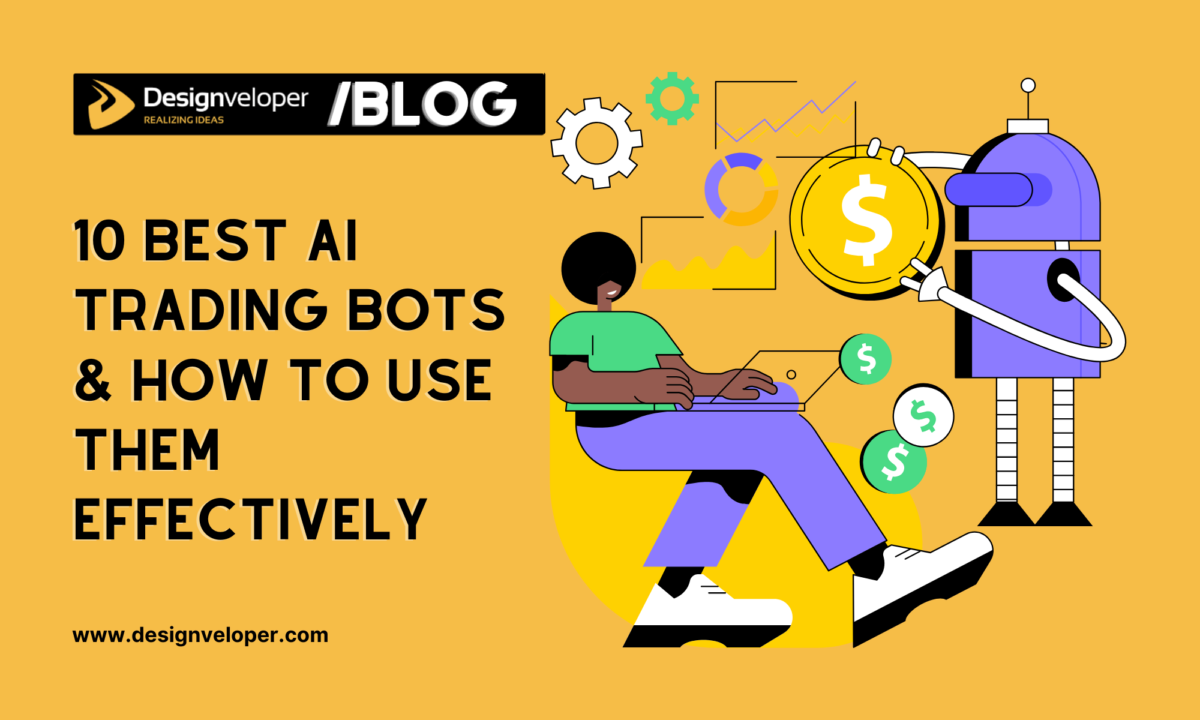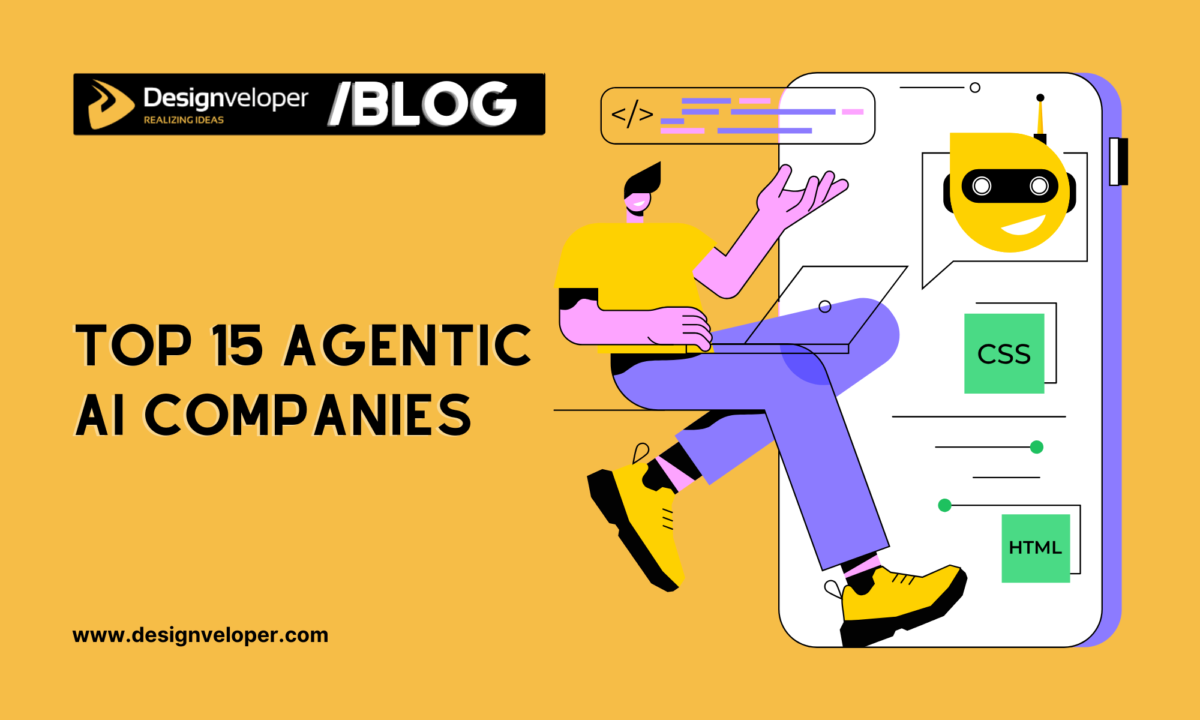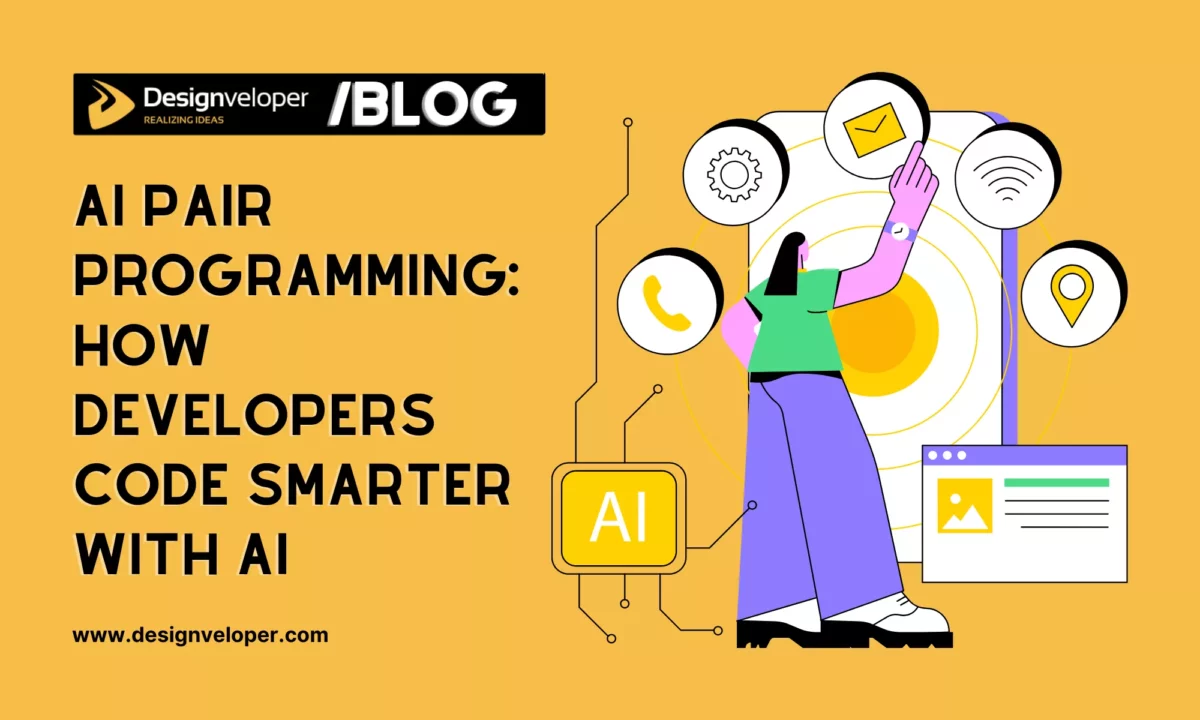
AI agents, by definition, are intelligent tools that can autonomously think, plan, and act on specific problems or tasks. The idea of agentic AI opens more avenues for organizations across industries to improve their operational efficiency and end-user experiences. However, many experts argue that AI agents are in their infancy and they still have a long way to reach the full autonomy level like human beings. But tech giants and research groups are striving to turn this concept into working solutions. In this article, we’ll show you useful case studies of AI agents, coupled with their notable examples in real life. Remember that these AI agents are semi-autonomous and have different capabilities across industries.
1. AI Agents in Customer Relations: Most Common Use Case
One of the most common (and maybe earliest) use cases of AI agents is in customer relations. They aim to connect businesses with existing and potential customers, particularly through contact centers. Accordingly, one study found that the global value of agentic AI in contact centers reached $4.8 billion in 2024, which then rapidly increases at a CAGR of 44.5% from 2025 to 2034.

This sector has seen early adoption of AI agents for some reasons. First, customer support is often about routine, standardized activities in which various types of customer requests appear repeatedly (e.g., learn about new product lines). Besides, the demand for handling large volumes of customer interactions effectively also grows, while companies across all industries are confronting the shortage of human agents. Therefore, integrating AI agents into customer support helps improve sales pipelines and enhance customer experiences.
Accordingly, AI agents in customer service can:
- Handle inbound and outbound calls to, for example, confirm appointments, answer billing questions, or ask for feedback.
- Proactively engage customers across channels based on behavioral triggers (e.g., cart abandonment or long inactivity).
- Classify and prioritize support tickets based on their topic, urgency, and sentiment. Then, intelligently route the tickets to the right department.
- Detect customer emotions through sentiment analysis.
- Suggest personalized products based on customer preferences and past purchases.
Example: Cisco’s Webex AI
Cisco acquired Webex AI in 2017. At WebexOne hosted in 2024, Cisco introduced the Webex AI Agent for the Webex Contact Center. The Agent combines conversational intelligence with real-time automation to understand an individual’s needs, remember their history, and adapt to their preferences. You can build, customize, and configure Webex AI agents with the AI Agent Studio.
Webex AI Agents can:
- Automate human-like interactions across channels (e.g., Live Chat, Voice, or WhatsApp) and topics without losing context.
- Offer accurate, reliable answers.
- Transfer conversations smoothly if human assistance is needed.
- Integrate with various back-office systems and data sources to get information and resolve complex requests.
FURTHER READING: |
1. How to Integrate AI Into an App |
2. Healthcare AI Agents: Common Use Cases & Tools |
3. Best AI Agent: Top 9 Solutions Powering Autonomous Workflows in 2025 |
2. AI Agents in R&D
In the 2025 strategic seminar hosted by Intellegens, 87% of senior R&D personnel across sectors (e.g., chemicals or foods and beverages) believed that agentic AI will positively revolutionize how R&D decisions are made. AI agents make R&D processes more efficient by retrieving information, reasoning with advanced knowledge, formulating hypotheses, simulating experiments, and more.

Example: Microsoft Discovery
Microsoft Discovery is an AI-powered R&D agent for researchers and engineers, built on top of Microsoft Azure. It uses a powerful graph-based knowledge engine, which allows it to graph nuanced relationships between data, hence understanding conflicting theories, different experimental outcomes, and underlying assumptions. Microsoft Discovery also enables researchers to orchestrate and guide a team of specialized AI agents to reason and conduct research itself through iterative learning.
With these capabilities, Microsoft Discovery has obtained various achievements. In particular, the company’s researchers have leveraged advanced AI and high-performance computing (HPC) simulation tools in Microsoft Discovery to explore a new coolant for immersion cooling in data centers within 200 hours. Without AI, this discovery could last months or even years.
Further, Microsoft Discovery helps the US Department of Energy’s PNNL (Pacific Northwest National Laboratory) to find a novel solid-state electrolyte (a key part of batteries) that uses 70% less lithium. It also supports scientists at Unilever in performing simulations faster, speeding up scientific discoveries.
FURTHER READING: |
1. Best AI Agent Frameworks: 7 Robust Platforms for Rapid Development |
2. AI Agent for Customer Service: Best Use Cases and Examples |
3. Top 15 Agentic AI Companies Development in 2025 |
3. AI Agents in Cybersecurity

Another common case study of AI agents is in cybersecurity. They can perform autonomous cyber defence to enhance security outcomes while reducing costs. In particular, they can:
- Monitor networks around the clock, spot abnormal signals, and take immediate action (e.g., blocking suspicious traffic or isolating devices).
- Proactively search for misconfigurations, hidden threats, and early signs of compromise.
- Analyze user behaviors in real time to dynamically control identity and access.
- Simulate possible attacks and suggest or implement improvements to firewalls, data encryption methods, or authentication policies.
Example: Big Sleep
Big Sleep is an agent developed by researchers from Google’s Project Zero and DeepMind. It leverages the advanced code comprehension and reasoning abilities of large language models (LLMs) to conduct vulnerability research and simulate the workflow of human experts. In 2024, Big Sleep successfully discovered a zero-day vulnerability in SQLite.
4. AI Agents in Healthcare & Life Science
The healthcare & life science industry is facing growing staffing shortages. Meanwhile, demands for inpatient and outpatient care are increasing rapidly. That’s why healthcare AI agents come in to reduce the growing burden in this field.

One of the most visible applications of these agents is handling patient-facing tasks. They, accordingly, make and receive calls on behalf of professional staff to process check-ins, remind of appointments, or ask about possible side effects after new medication. The agents also automate various back-office tasks, like clinical documentation and prior authorizations.
Further, they play a crucial role in drug discovery. By analyzing biological data (e.g., DNA or disease markers), they can find promising drug targets and verify whether they’re actually useful. They also run in silico (“computer-based”) experiments to discover chemical combinations for drug formulas.
Example: Innovaccer Agent of CareTM
Innovaccer’s Agents of CareTM is a suite of pre-trained AI agents in healthcare. These agents are responsible for automating low-level, time-consuming tasks, like:
- Automating appointment bookings with the right specialists and rescheduling.
- Collecting key information about patient intake and verifying insurance.
- Automating prior authorizations and predicting approval likelihood.
- Identifying and prioritizing the patients who miss important healthcare actions (e.g, medical checkups or periodic vaccinations).
- Automating routine post-discharge check-ins and determining the right time for a care manager to call patients.
5. AI Agents in Finance
Agentic AI uses advanced reasoning and planning capabilities to handle repetitive, data-intensive tasks. Also, it’s capable of assessing financial risks and identifying fraudulent activities through comprehensive data analysis. Besides, it can autonomously execute trades by analyzing market trends in real time and decide when to buy/sell assets based on predefined conditions.

Finance AI agents excel at offering personalized financial advice and investment strategies by analyzing large amounts of customer data. They also transform portfolio management to maximize returns. Furthermore, they can automatically track transactions for compliance violations, report them to regulators, and modify reporting standards based on rules of jurisdiction.
Example: Nominal’s AI Agents
Nominal is an AI-powered automation platform for finance. Its intelligent agents automate accounting workflows, from journal entry creation to variance explanations, by using natural-language logic and real-time general ledger data.
Particularly, Trigger Agents manage your entire general ledger and take instant action automatically, like intercompany transactions, bill creation, or duplicate elimination. Meanwhile, the Flux Agent monitors and explains changes in financial data. It also needs the involvement of human managers or reviewers to approve its explanations, which is essential for compliance or audits.
6. AI Agents in HR
AI agents are widely adopted in human resources (HR) management to automate and streamline a wide range of tasks. In particular, they act as agentic chatbots to answer questions about policies, update employee information, evaluate employee productivity through performance analysis, and transfer requests to the right HR agent. This helps boost employee satisfaction, improving their engagement and retention.

Moreover, agentic AI tools support the recruitment and onboarding of new employees. They can automatically screen resumes based on role fit, experience, and company goals, then rank candidates and schedule interviews. The agents also guide new hires through tasks, tools, and documents, as well as track onboarding progress.
HR AI agents can autonomously perform multi-step, interconnected tasks. For example, when an employee submits a leave request, an agent will check leave balance, fill out required forms, notify an HR manager, and update the HR system with less human oversight.
Example: IBM’s watsonx HR Agents
IBM’s HR Agents – built on IBM watsonx® Orchestrate™ – automate multiple HR tasks, including:
- Employee Support: Answer common questions and guide employees to complete a task (e.g., updating their address). Also, they can manage time off, payroll, and administer benefits (e.g., healthcare, career growth opportunities, and retirement plans).
- Talent Acquisition: Create job requisitions, find top talent, schedule interviews, and create offer packages.
- Employee Onboarding: Answer common employee queries, provide personalized guidance, and support necessary procedures (e.g., pre-employment checks, onboarding profile creation, and learning recommendations).
These agents can autonomously plan, act, and learn from their outcomes to refine their approaches. Further, they work with other systems like SAP to allow employees to complete tasks in one place instead of switching between apps. Through their logic and chain-of-thought reasoning capabilities, employees can know whether the answers are correct and appropriate.
7. AI Agents in Legal Services
Agentic AI systems are revolutionizing legal services by automating tedious, data-intensive tasks for legal professionals. One of their most useful applications is legal research. They accordingly formulate a research plan for legal professionals to review, as well as search relevant regulations, legal journals, and case law databases. Then, they’ll collect and summarize findings and create the first research memo.

Further, they excel at contract analysis and management. In particular, they scan contracts to identify risky clauses and analyze past agreements to recommend appropriate, yet legally approved clauses. Also, they review the contracts to see whether they align with predefined guidelines to ensure compliance, as well as manage obligations. Besides, you can use agentic AI tools to answer common questions about the agreements, extract clauses, and generate or summarize the contracts.
Example: Legora
Legora is a collaborative AI agent that assists lawyers in reviewing and researching faster, drafting contracts smarter, and giving more accurate advice. Trusted by thousands of top-notch lawyers at the world’s top companies, Legora can:
- Understand and answer your questions about internal or external documents in any language.
- Draft and review legal documents right inside Microsoft Word through its Word Add-in. It can generate the documents based on past agreements you uploaded and in alignment with your company’s standard policies.
- Use agentic AI to handle complex legal research across various sources at once (e.g., your company’s internal database, case law libraries, or external legal resources) and deliver accurate, fast resources.
8. AI Agents in Education & Training
AI agents have transformed education and training by making learning more engaging, personalized, and adaptive. In particular, they can tailor learning paths by continuously tracking a learner’s knowledge, skills, and progress, and autonomously modifying content format or difficulty. They can also suggest appropriate exercises or skills based on a learner’s previous courses, study/job goals, and industry trends. Besides, they offer immediate feedback, answer common questions, and automatically notify students or instructors when help is needed.

Example: Squirrel AI
Squirrel AI is an advanced tutoring tool that integrates AI capabilities to customize a child’s learning path. Built on top of the proprietary LAM (Learning Ability Model) and IALS (Intelligent Adaptive Learning System), the agent can analyze data about children and their learning actions to suggest smart, personalized learning journeys for each student and choose what topics to learn next.
The agent also pinpoints exactly the strengths and weaknesses of a child. It then personalizes and adjusts the content and difficulty of lessons in real time to fit the child’s abilities and help the learner improve.
9. AI Agents in Supply Chain Management & Logistics
Agentic AI is increasingly adopted in supply chain management to make supply chain operations effective, lower costs, and boost productivity. One of its visible applications is demand forecasting. It accordingly analyzes vast amounts of data (e.g., customer behavior or sales trends) to forecast future demands, helping your company avoid overstocking.

AI agents also support warehouse operations by managing inventory, automating order picking, and optimizing shelf space. Logistics optimization is also another application of agentic AI. Accordingly, the agents can track shipments, detect possible disruptions (e.g., delays), and recommend other effective routes to reduce these disruptions.
Besides, AI agents assist with manufacturing scheduling. By analyzing data related to customer changes, materials suppliers, and delivery targets, the agents can instantly modify the production schedule, decide intelligently what to produce next, prevent delays, and avoid idle machines or workers.
Example: Blue Yonder
Blue Yonder is an Arizona-headquartered company in digitizing supply chain management. Its software solutions become smarter and more accurate with new AI agents that allow your business to analyze, decide, and act effectively. These agents include:
- Inventory Ops Agent: Checks whether your inventory’s supply aligns with demand by identifying issues (e.g., overloaded capacity or missing materials). The agent then suggests actionable solutions (e.g., using different suppliers or accelerating shipments).
- Shelf Ops Agent: Automatically edits planograms based on your natural language requests. The agent can accordingly perform actions, like swapping products in different stores at once, analyzing the impact of shelf layouts on performance, or creating custom shelf reports. This saves planners hours of manual work and improves store-level efficiency.
- Logistics Ops Agent: Manages shipping conditions and suggests route changes to avoid delivery disruptions. The agent also automatically reschedules delivery appointments, as well as finds ways to ensure on-time delivery and lower transport costs or emissions.
- Warehouse Ops Agent: Dynamically reallocates workers based on workload and re-arranges warehouse layouts based on predicted demand. The agent also identifies outbound risks early to avoid delays, proactively maintains OTIF (On-Time In-Full) compliance, and streamlines trailer unloading based on urgency.
- Network Ops Agent: Monitors the entire supply chain operations across different companies. Further, the agent proactively monitors risks (e.g., supplier delays or stockouts) and automates tasks (e.g., order confirmations, container prioritization, or performance tracking).
10. AI Agents in Government
AI agents prove beneficial for governmental agencies to improve their interactions with citizens and increase the quality of public services. They can accordingly process citizen requests faster through AI-powered chatbots, boosting the overall citizen experience and reducing the burden for agencies.

Example: Singapore Government’s Use of AI Agents
The Singapore government has used AI agents to automate and improve public services by handling routine queries from citizens and providing instructions (i.e., on permit application, tax payment, or requests for social services).
Besides, chatbots like VICA or AIBots are equipped with agentic capabilities to implement real-time transactions, like applying for grants or filing taxes. Meanwhile, AI agents also support platforms like Career Kaki or MyCareersFuture to help people find suitable jobs based on their skills and interests, as well as offer upskilling guidance to increase employment opportunities.
The government also builds multi-agent systems to improve policy analyses and create reports for policymakers. This helps them make more informed decisions.
Final Words
The article gave you useful case studies and examples of AI agents across the top 10 industries. Each has unique abilities, although they’re not fully autonomous. Learning about these case studies helps you better understand what AI agents can do for businesses in different sectors. What about you? Are you ready for the era of agentic AI? What do you think about the next breakthrough of this advanced technology in the future? Share your ideas with us on Facebook, X, and LinkedIn! And don’t forget to subscribe to our blog to receive the latest news about agentic AI!






Read more topics
You may also like





























































